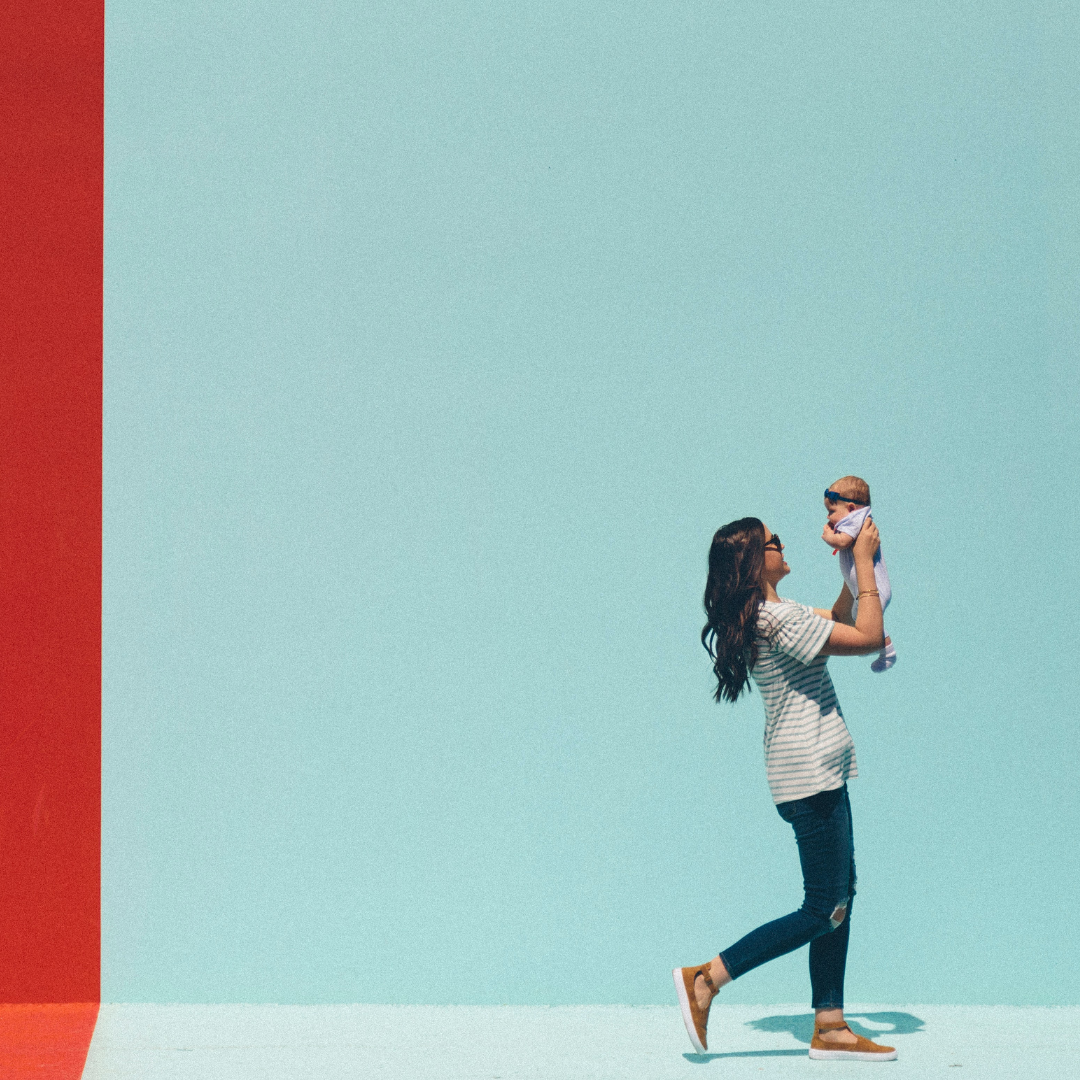
Dealing with postpartum incontinence? You are not alone. During and following pregnancy, around 4 in 10 women experience urinary incontinence - here's some advice on how to tackle it.
What Causes Postpartum Incontinence
To understand how to deal with postpartum incontinence, it might be helpful to understand why it could be happening. It’s not quite as simple as ‘you pushed a baby out of your vagina and now you can’t sneeze without peeing’ - although that might be what it feels like right now.
Pelvic Floor
The most common cause of postpartum incontinence is weak pelvic floor muscles. These muscles support everything down there, including your uterus and bladder. They relax to prepare for labour and it can take a while for them to recover and get their strength back. They can also be weakened by the weight of your baby, so it’s no surprise that they aren’t on top form after 9 months of pregnancy!
Urethra
Another area of the body that can become damaged during childbirth is your urethra. Your urethra’s job is to take urine out of the body - and stay closed when you don’t want that to happen. If the muscle that keeps the urethra closed gets a bashing during childbirth, it can lead to postpartum incontinence. If the pressure in your bladder becomes greater than the strength of your urethra - that’s when you get bladder leakage.
Epidural
Now, if your incontinence is being caused by having an epidural, the good news is that it shouldn’t last long. The after-effects of the epidural or a spinal block can sometimes mean you can’t tell when you need to wee - so that combined with a weakened pelvic floor is a recipe for postpartum incontinence - in the short term at least. This effect shouldn’t last more than a few days, and if it does, don’t hesitate to speak to your doctor.
How To Stop Postpartum Incontinence
So many people suffer in silence when it comes to postpartum incontinence - and accept it as an inevitable part of motherhood. But the truth is, you can strengthen your pelvic floor after birth and this usually goes a long way to solving the problem.
Do Kegels
Kegels can be done in loads of places - in a meeting, on the train, or standing in line for your morning bagel. Imagine you're sitting on a tiny ball or a marble. Tighten your pelvic muscles as if you're lifting the ball. Try it for three seconds at a time, then relax for three seconds. You can even do this exercise on the toilet! Whilst you’re peeing, stop the flow for a couple of seconds - that’s your pelvic floor muscles being activated!
There are also some great bits of tech out there that can help you train your pelvic floor, like our friends at Pelviva. Another great option is the Elvie trainer that comes with an app that tells you how to do the workouts - kind of like a PT for your vagina!
Get medical or professional help
In the early days of motherhood, you'll probably be having a lot of contact with healthcare professionals. Whilst a lot of this will be focused on your baby, they are also there to make sure you are recovering ok, so if you have any issues with incontinence at that stage, definitely let them know.
As time goes on, you might feel too embarrassed to speak to your doctor about your condition - over 37% of women said they were self-conscious speaking about the problem with a healthcare professional. But it’s really important that you are open and ask for support when you need it. They might be able to refer you to women’s health physio or do some further investigations to ensure it isn’t a sign of something more serious.
What can I do in the meantime?
Obviously, the most important thing is to deal with the cause of postpartum incontinence. However, if the issue is strengthening your pelvic floor, that doesn’t happen overnight. Here are some things you can do to keep yourself (and your vagina) happy and healthy in the meantime.
Eat a healthy diet
As always, eating healthy foods is going to have a positive impact on your health. A nutritious diet will support your body as it recovers and should help you heal and get stronger quicker. Try to make sure you’re getting enough fibre and being constipated will also put unnecessary pressure on your pelvic floor!
Drink loads of water
This might sound counterproductive - but you’ve got to keep hydrated! At least 8 glasses of water a day is what you should be aiming for - even if you are struggling with postpartum incontinence. Cutting back on the water will only make you dehydrated, which could encourage urinary tract infections. Over time, limiting your water intake could also reduce your bladder capacity - making going to the toilet even more frequent!
Invest in comfortable leakproof underwear
Leaks can really put a dent in your confidence, which is the last thing a new mum needs. Our Nixi Body knickers can help protect you from little bladder leaks so you can go about your day and stay active without fearing a flooding situation! Our Sporty range is also VPL free, so there will be no tell-tale signs that you’re wearing anything other than ‘normal’ underwear.
